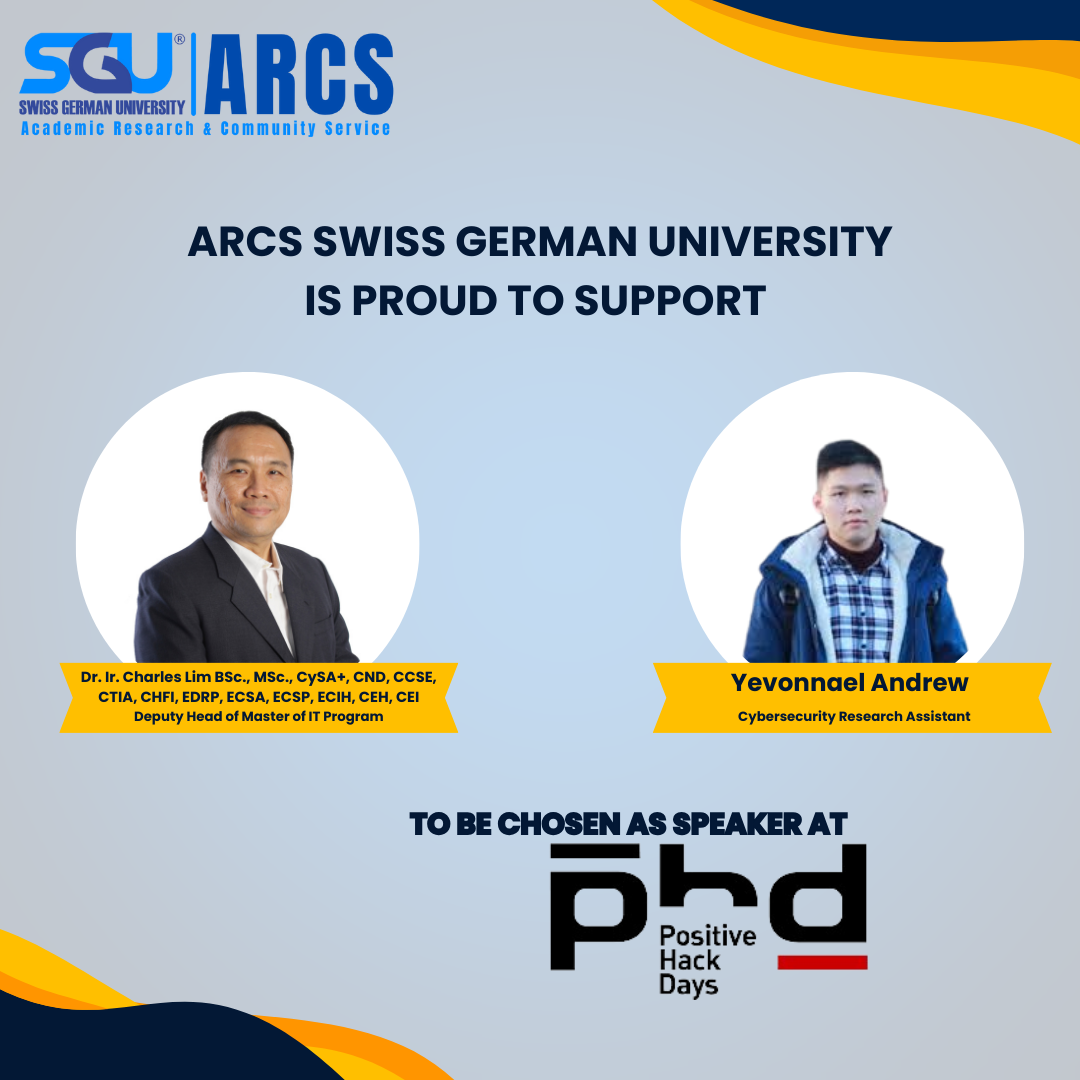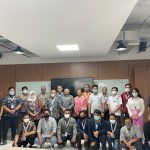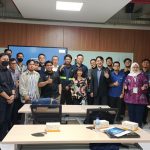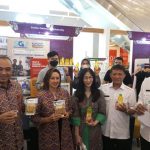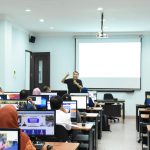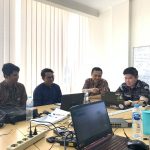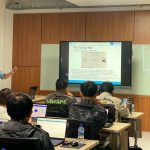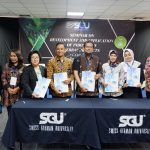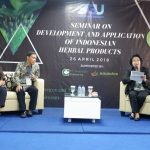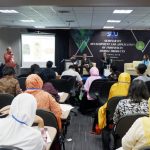Aditya Bhatara

Positive Hack Days (PHDays) is an annual international cybersecurity forum. It has been held by positive technologies since 2011. It’s an international event that provides a platform for cybersecurity enthusiasts to dive into the world of cybersecurity.

Dr. Ir. Charles Lim BSc., MSc., A cybersecurity researcher and lecturer at Swiss German University, Charles Lim collaborates closely with Indonesia’s National Cyber and Crypto Agency (Badan Siber dan Sandi Negara, BSSN) as an independent researcher. He is a seasoned IT security consultant and trainer, holding various professional security certifications in areas such as cloud security, incident response, threat intelligence, and security analysis from EC-Council and CompTIA. He is a four-time recipient of the ISIF Asia Research Grants in 2019, 2020, 2021, and 2023.
His academic background includes a Doctorate degree in Electrical Engineering from Universitas Indonesia and a Master of Science in Electrical Engineering from the University of Hawaii, USA. His research interests are diverse, covering malware analysis, digital forensics, cloud security, and threat intelligence. Additionally, he is an active member of several cybersecurity communities, including the Indonesia Honeynet Project (IHP), ACAD CSIRT (Academy Computer Security Incident Response Team), and the Indonesia Digital Forensics Association (AFDI), where he contributes to fostering collaboration and knowledge exchange.
Mr Charles Lim will talk about The “Development of Honeynet Threat Sharing Platform” project uses honeypots to collect and share cyber threat data, enhancing cybersecurity across ASEAN and Asia Pacific regions.

The project aims to enhance cybersecurity defenses by creating a system that collects, categorizes, and shares data on cyberthreats. Utilizing honeypots—decoy systems designed to attract attackers—the platform tracks and analyzes interactions to provide a comprehensive view of current cyberthreats. This collaborative effort involves multiple organizations, including government, community, and academic institutions, to gather and disseminate relevant threat intelligence. The project’s implementation began in Indonesia and is expanding to ASEAN and Asia Pacific regions, promoting a collective approach to cyberdefense.
The platform’s architecture allows for the integration of various honeypot types, offering a public dashboard for real-time threat monitoring. With the continuous rise of cyberthreats, this initiative serves as a crucial tool for organizations to proactively share and respond to potential security incidents. The ultimate goal is to establish a stable, intelligent threat sharing network that supports a wide range of organizations across different sectors and regions. This presentation will detail the platform’s development, challenges faced, and the impact on enhancing regional cybersecurity collaboration.

Yevonnael Andrew With over four years of specialized experience in cybersecurity and software engineering, Yevonnael Andrew has developed a strong experience in data science, AI, and security automation. His expertise includes architecting, implementing, and managing secure infrastructures across various platforms, such as SIEM, SOC, PAM, cloud services, and database systems.
He is skilled in penetration testing, risk assessment, and ensuring compliance with ISO27001 and SOC2 standards. He has shared his insights and knowledge extensively, presenting at multiple universities and prestigious conferences, including the Python Conference (PyCon), Generasi Gigih, DTS Kominfo, and the APNIC Conference. Additionally, he has played a pivotal role in the development of multiple security software solutions, supported by prestigious grants from organizations like the ISIF Asia/APNIC Foundation, Google Summer of Code, and the Japan International Cooperation Agency (JICA).

